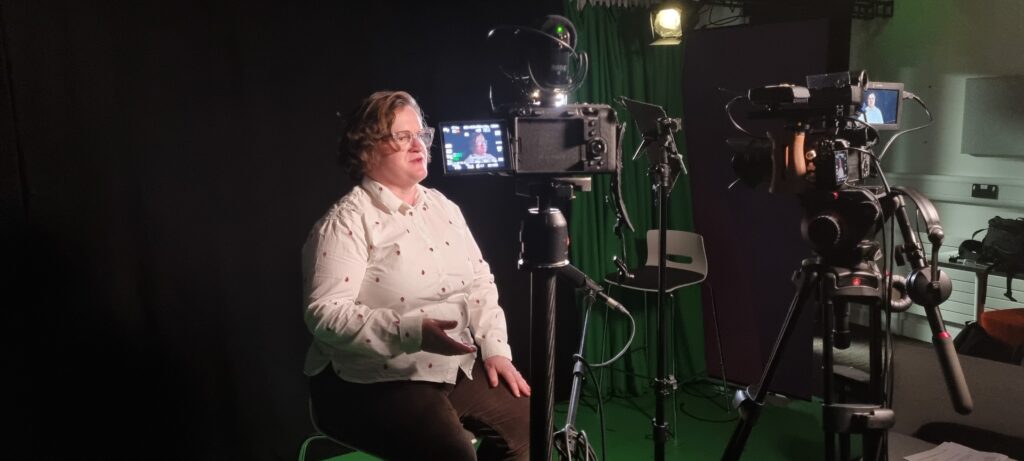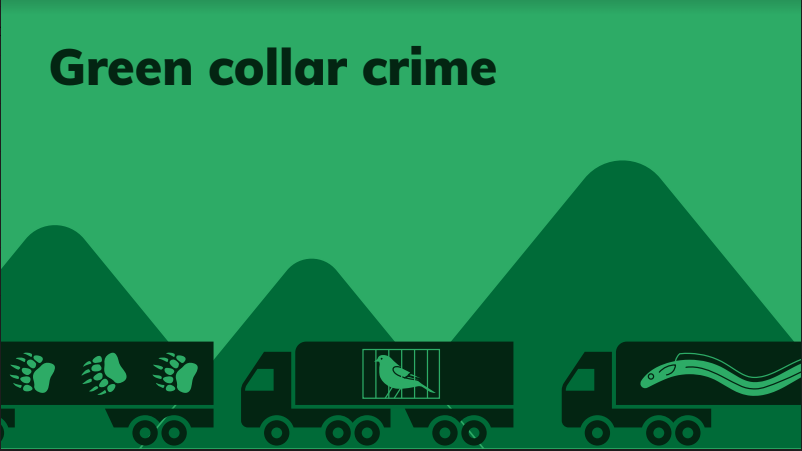Professor Rosaleen Duffy explains what green-collar crime means, and how it can help tackle illegal wildlife trade in European species. In focusing on the role of organised crime networks, it is easy to overlook the role of legal actors (including governments and private businesses) who may knowingly or unknowingly engage in or facilitate illegal wildlife trade. This omission means that it is difficulty to design effective policies to ensure that wildlife trade does not threaten European eels, brown bears and songbirds.


Taking a green-collar crime approach also allows us to draw attention to the harms against animals in the wildlife trade – during processes of hunting, trapping, transport, and storage.
In our research, the Beastly Business team draw together political ecology and green criminology to develop the idea of political ecologies of green-collar crime.
You can also read more about this in our policy brief on Green-Collar Crime.
